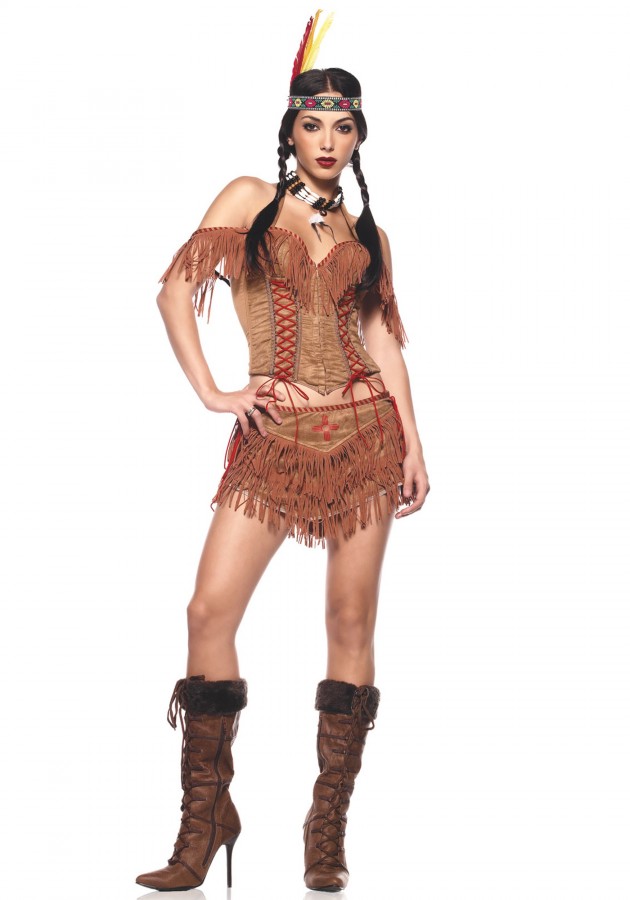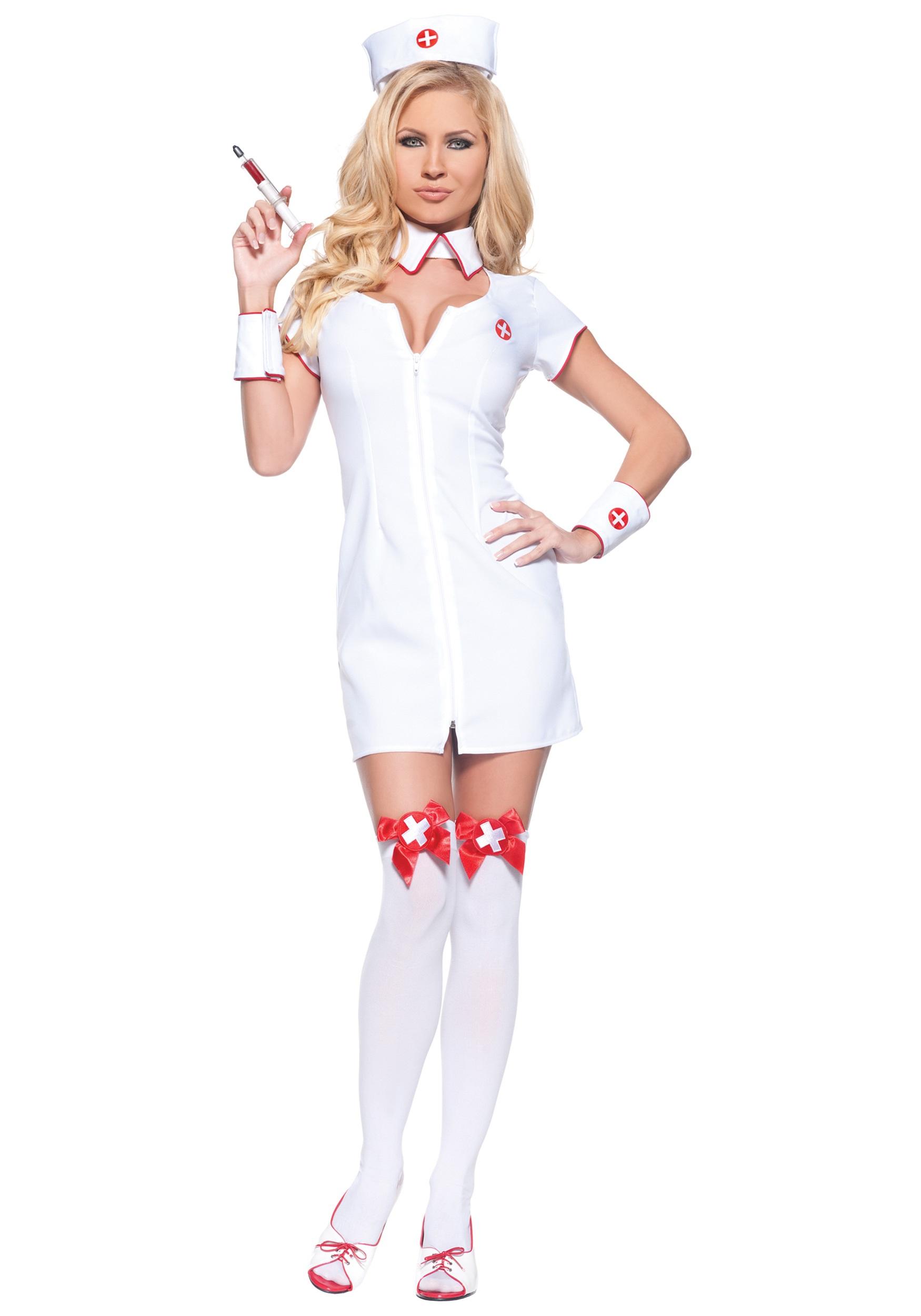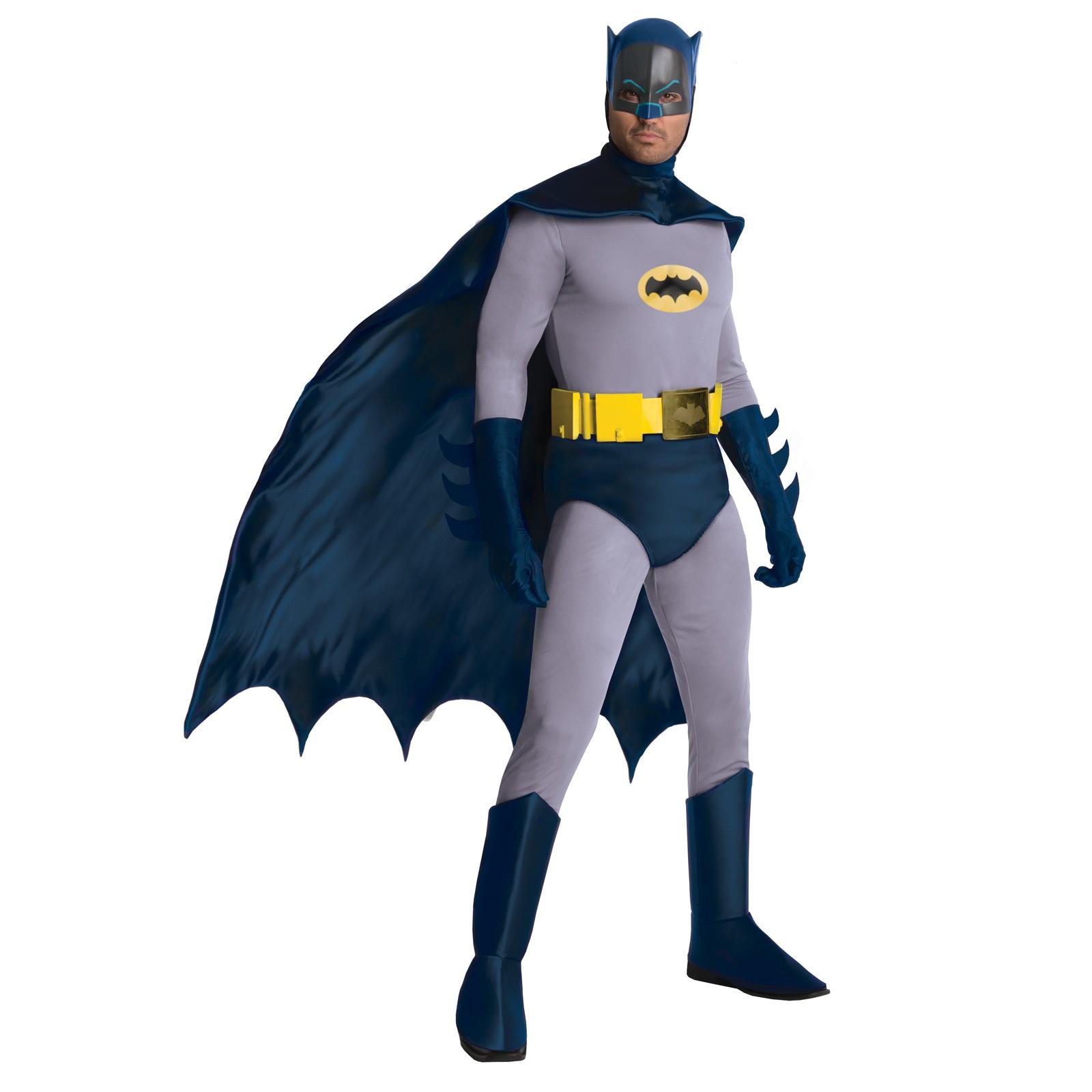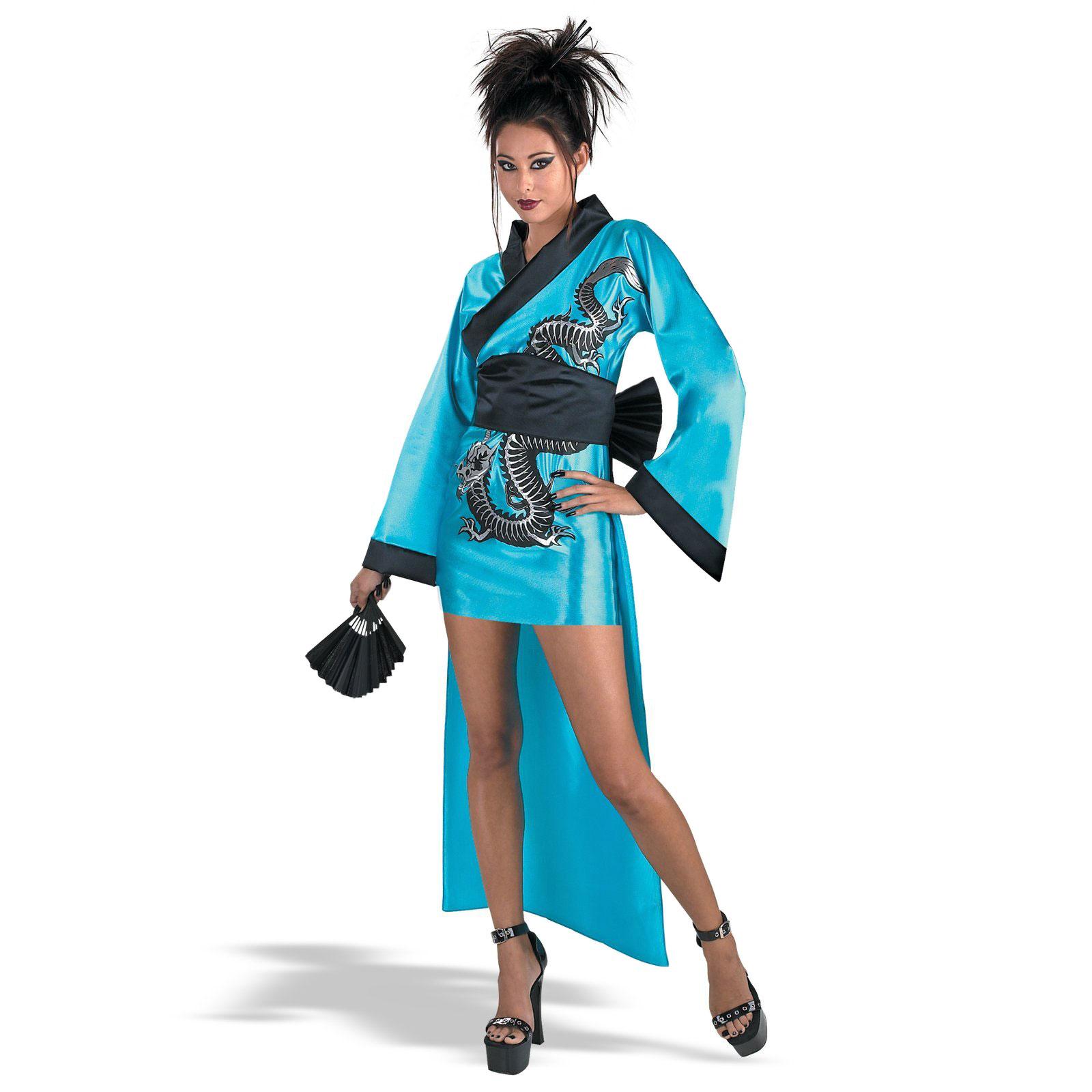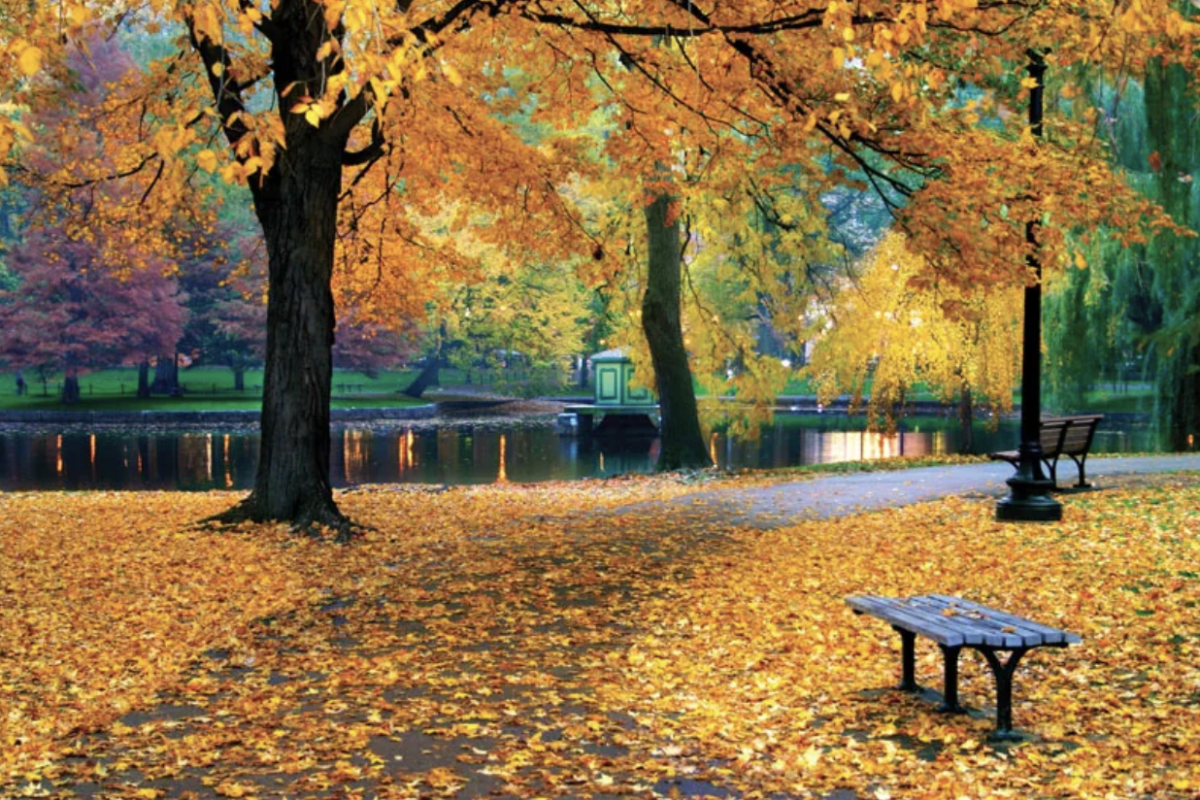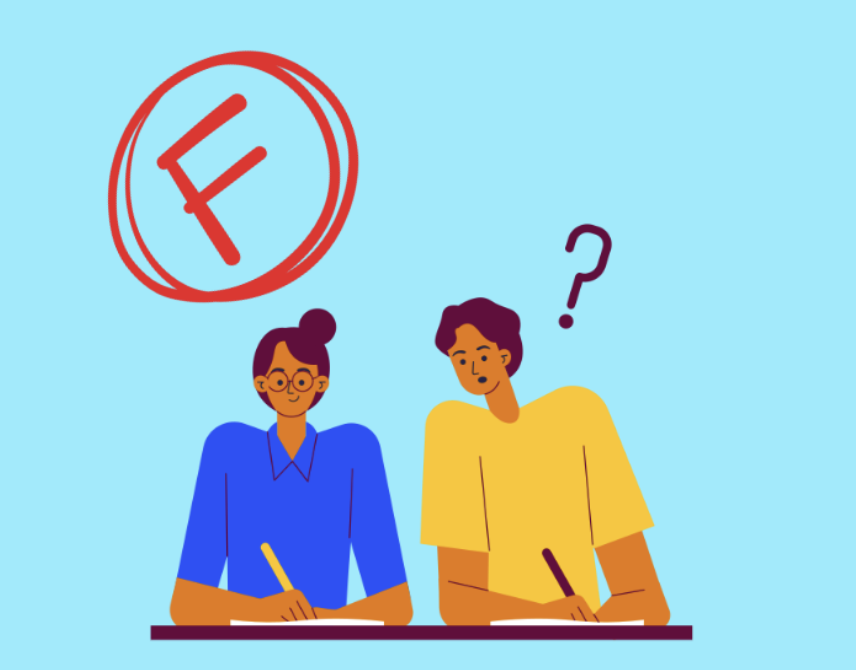Halloween is a time to put on a costume and become a whole different person for a day- an opportunity that many eagerly seize. However, for many groups, Halloween strips meaning from their cultures. Along with that, many women go to costume stores and feel objectified by the clear differences between costumes designed for males versus females. Furthermore, minorities feel like they are being taunted by certain costumes. Therefore, the line between fun and offensive in an era where we consider ourselves respectful has been blurred.
On Halloween, many see the attacking or mimicking of another culture as fun and games. Native American culture is degraded by fake leather and feather headdress costumes for Caucasian people to purchase and flaunt around for a night, discarding of it once a party is over. However, in most Native American cultures, the feathers on a headdress are much like badges of honor; they represent something very important that the person has achieved. This discredits the meaning and importance of the headdress itself. Girls do not wear fake medals of honor from the US military on Halloween or claim they are war veterans because that would be considered offensive. Girls also wear bindis incorrectly or at socially inappropriate times. Many people do not know that what they are wearing signifies a “third eye” and a strong religious meaning. If people are not going to get married under their South Asian culture and religion, they should not wear a bindi. They most likely do not understand fully the religion and background behind the third eye but are wearing the accessory to compliment their eyes. Reaping the fashion benefits of a culture of which one is not a part is simply offensive.
“The insensitivity of some costumes is just disturbing,” said sophomore Sami Herzog. “Halloween should be innocent and should not offend anyone of any ethnic background.”
Women have, for the most part, lost the opportunity to dress as anything but a scantily clad police woman or nurse. Walking into any costume store, there is an immediately visible difference between male costumes and female costumes. Women are forced to purchase a costume which shows off, sometimes almost all of, their body. The double standards encouraged by the degradation of costumes differences are surprising. Even with this push to dress in as little fabric as possible, “slut-shaming” is still a problem on Halloween. Women should not feel any obligation to sexualize themselves for a day.
Along with being culturally insensitive and sexist, costumes can be racially offensive. Blackface, a costume made by painting a white person’s face a darker color, represents a large issue regarding masks or dressing up for Halloween. There is never an appropriate day to regress so many years of progress by using Blackface, which was originally designed to degrade and patronize African-Americans in silent films and minstrel shows in the 1820s. There are also masks known as “Illegal Aliens,” which exhibit alien’s face bearing a black mustache and hat. The racism within these costumes is baffling. Additionally, if someone is not a trained geisha, dressing in the traditional geisha costume is also politically incorrect and degrading. Racism is an incredibly touchy subject which should not taken lightly, let alone while scoring candy from neighbors. Although these costumes seem harmless since society has progressed so much in racial equality, these costumes are still offensive whether people make their feelings public or not.
Taking away an important aspect of someone’s culture, contributing to patriarchy or regressing on years of racial progress are not the things people love about Halloween. Escaping into another world should be fun, and no one should be offended in the process.


